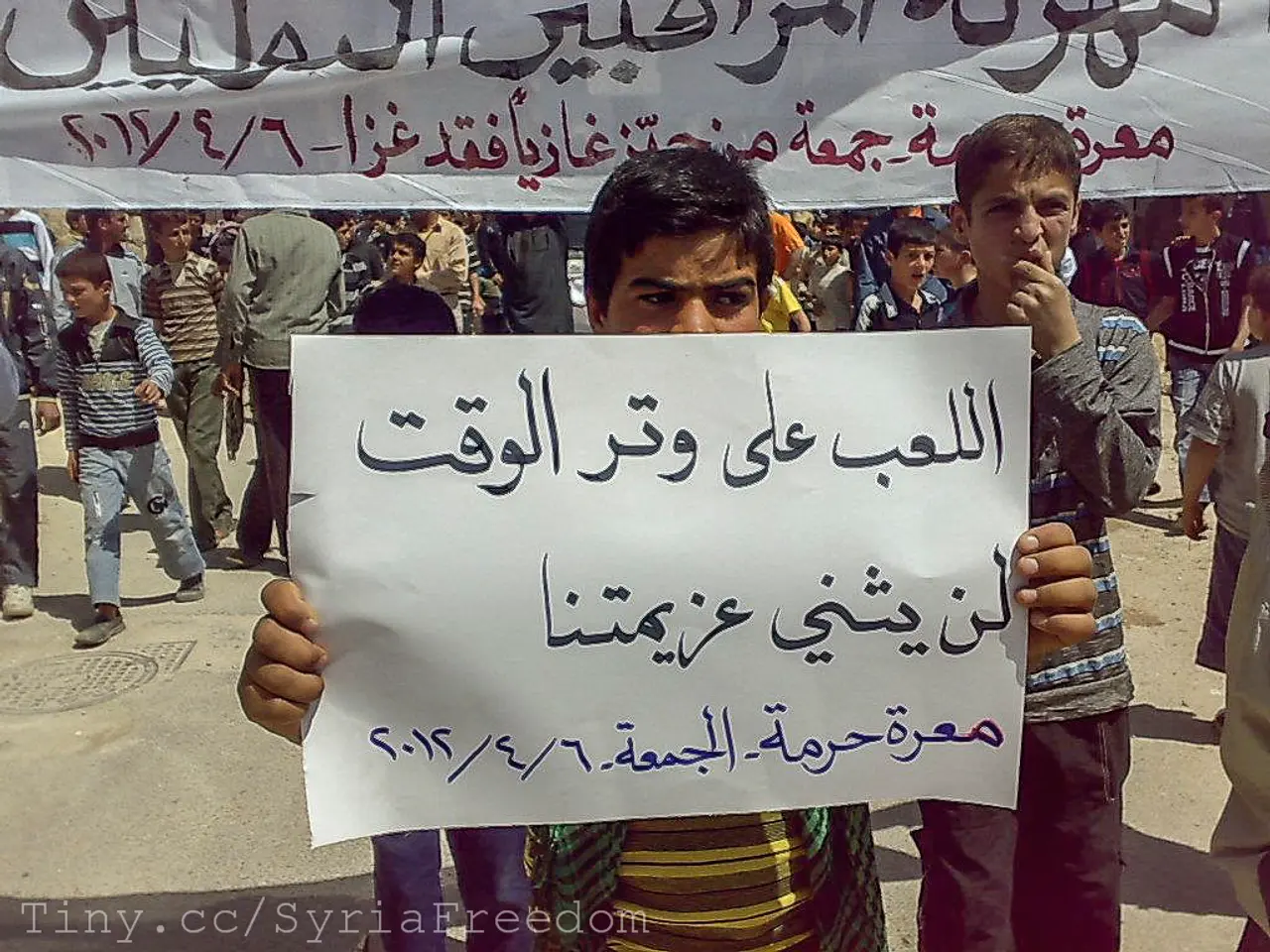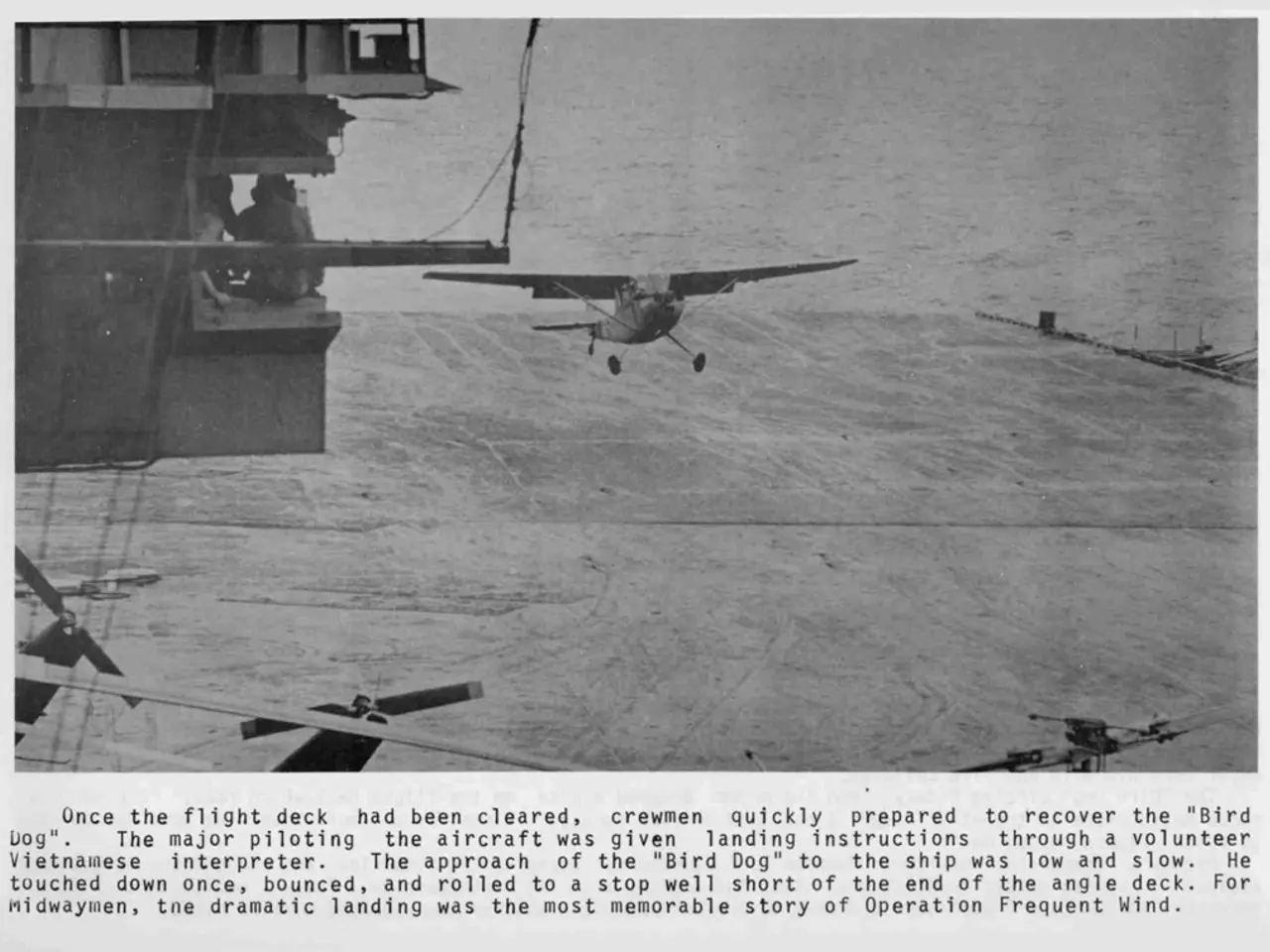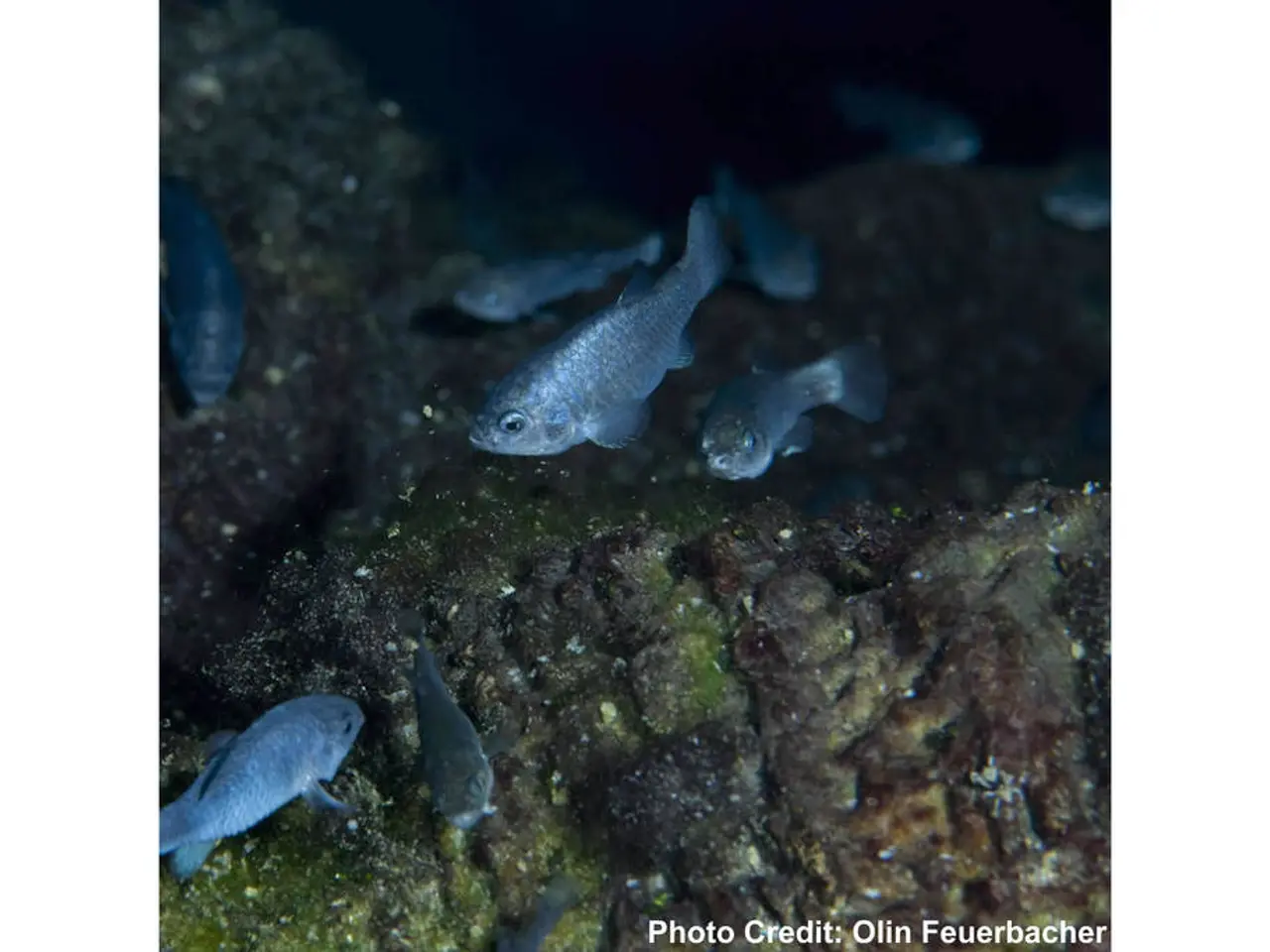Life journey of "Mr. Z" - from being a part of the initial circle of the Rwandan genocidal government to his exile in Niger.
In the picturesque northwestern region of Rwanda, nestled among lush, verdant hills, once stood the villa of Protais Zigiranyirazo, a man of significant influence before the tragic events of the 1994 Tutsi Genocide.
Known locally as "Monsieur Z," Zigiranyirazo was a broad-shouldered man with a piercing gaze, a figure of importance in Rwandan politics and business. He served as the governor of Ruhengeri prefecture from 1974 to 1989, and was the brother-in-law of President Juvénal Habyarimana.
Zigiranyirazo was a member of the Akazu, an elite circle of family and associates of Habyarimana that promoted the Hutu Power ideology, which played a key role in fomenting ethnic divisions that led to the genocide. During the genocide, Zigiranyirazo was accused of war crimes, with allegations tied to his influential position and connections within the Hutu establishment.
The International Criminal Tribunal for Rwanda (ICTR) arrested him in 2001 and initially convicted him for crimes committed in the genocide period. However, on 16 November 2009, his conviction was overturned by the ICTR Appeals Chamber, which acquitted him of all charges due to errors in the original trial, resulting in his immediate release after six years in prison.
Despite his acquittal, the memory of Zigiranyirazo remains, even though his villa no longer does. After the genocide, the villa was systematically destroyed, as if to erase its memory. Local farmers in Rwanda confirm that Zigiranyirazo's house was destroyed after the massacres during the 1994 Tutsi Genocide.
Despite the destruction of his villa, Zigiranyirazo's reputation persists. He was a recognizable figure in the public eye, known to all from the late 1970s until the Tutsi Genocide. His influence extended beyond Rwanda, with allegations linking him to the killing of primatologist Dian Fossey in 1985.
Zigiranyirazo died in Niamey, the capital of Niger, three days prior to the announcement of his death on August 6th, 2023. His passing marked the end of a controversial life, one that was marked by power, influence, and allegations of war crimes.
Yet, even in death, Zigiranyirazo's legacy remains a complex one. His role in the genocide was as a prominent political figure closely linked to the ruling elite that orchestrated Hutu Power extremism, but legally he was ultimately acquitted of direct responsibility for genocide crimes by the ICTR.
The breathtaking view from the villa's location serves as a poignant reminder of a man who once held significant power, but whose influence was ultimately erased by the devastating events of the 1994 Tutsi Genocide.
In the realm of general news and politics, Protais Zigiranyirazo, known as "Monsieur Z," was a figure of significance, rising to prominence as a governor and brother-in-law of the president, but was later accused of war crimes during the 1994 Tutsi Genocide, with allegations tied to his influential position in the Hutu establishment. Moving further into the domain of crime and justice, Zigiranyirazo's actions during the genocide led to an arrest by the International Criminal Tribunal for Rwanda (ICTR) in 2001, and he was initially convicted for crimes committed during that period.






